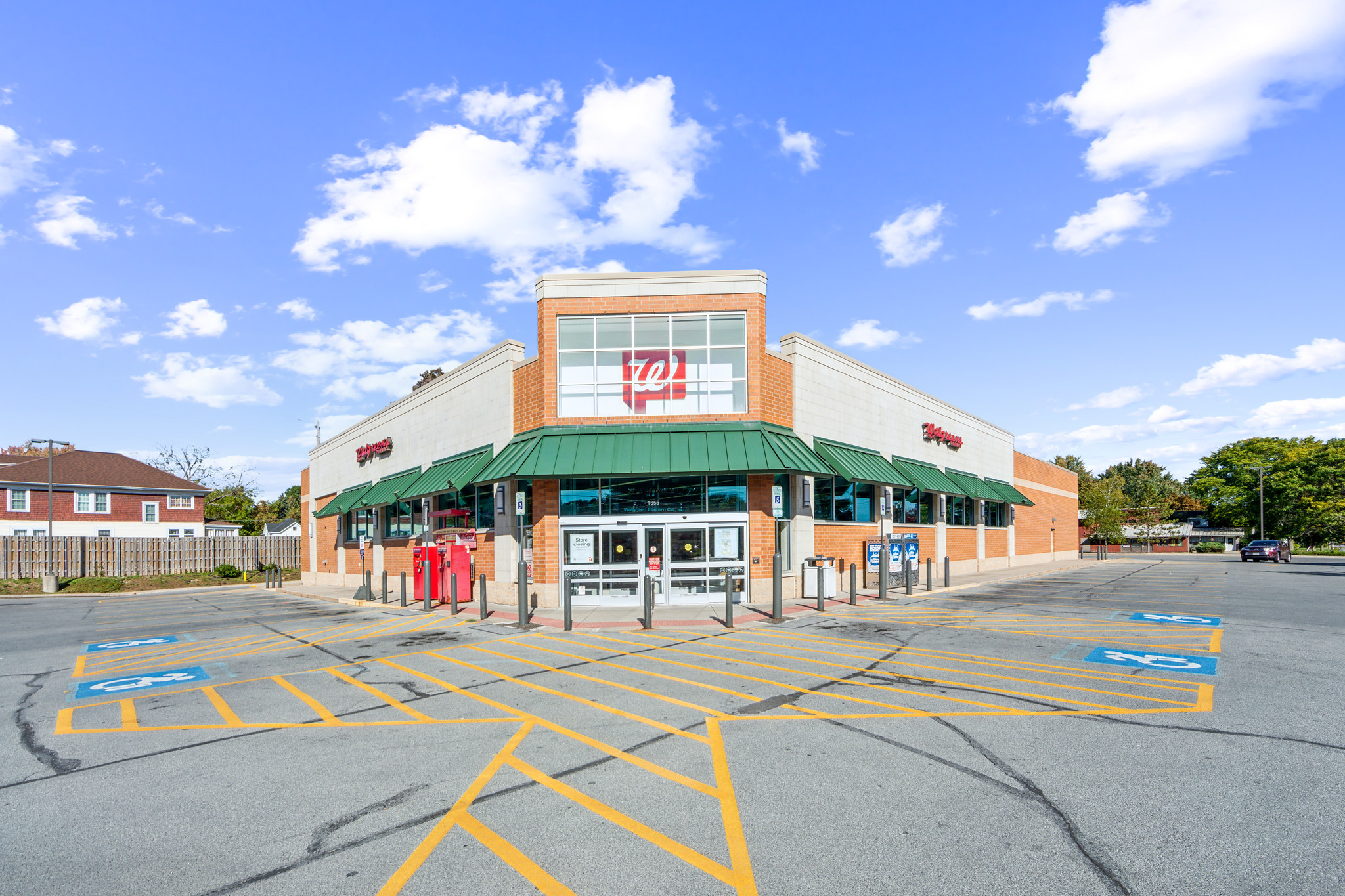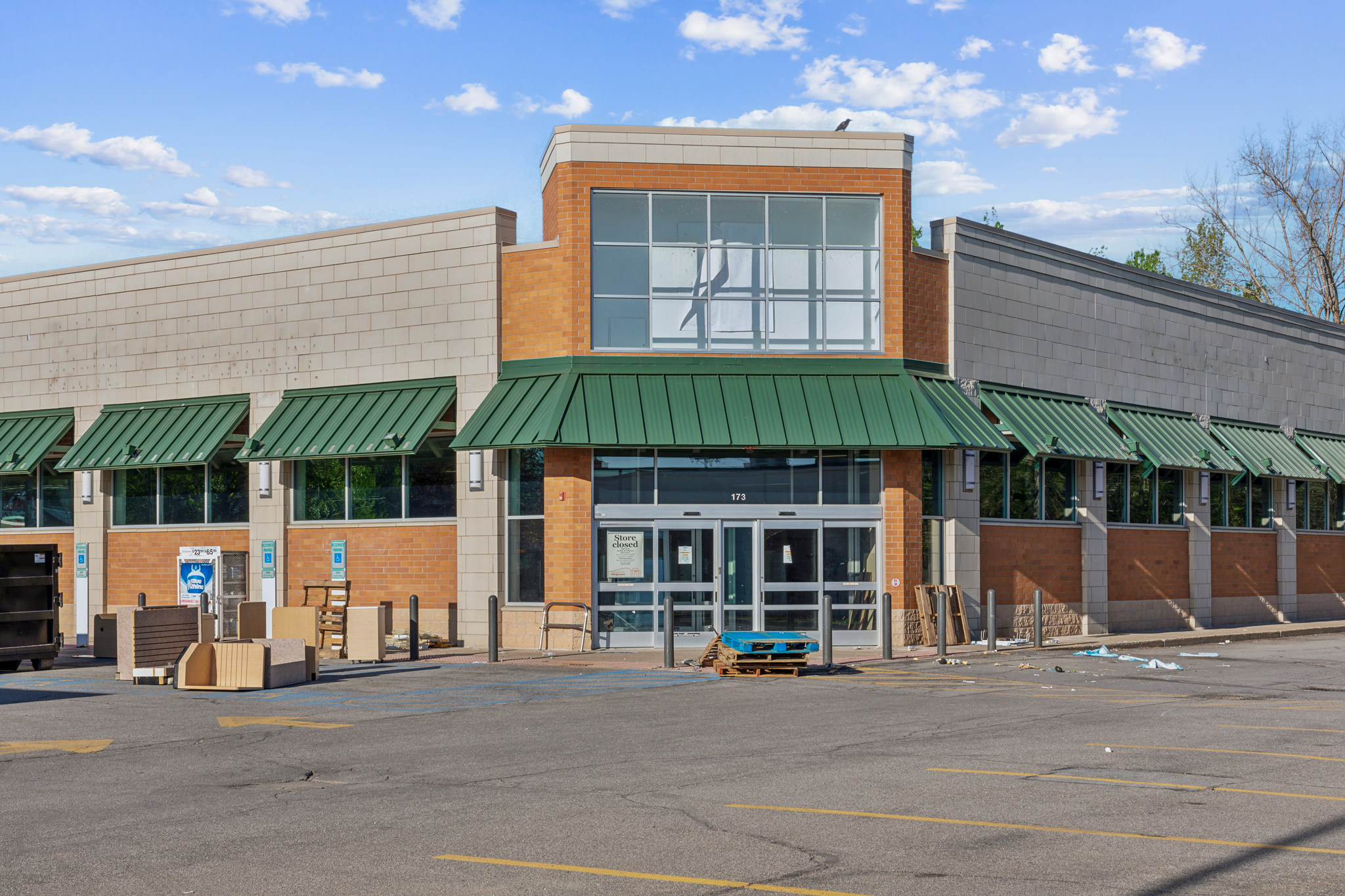An estate is the total sum of one’s assets such as money, businesses, and real property (including their real estate), especially after their death. We hear this term used frequently after one has passed away. “X is the heir to Y’s estate.” It is easy to think that the term estate, especially in this context, specifically means their land or house. For many people, the word estate signifies a home, or more specifically a large plot of land and a lavish home. When, in reality, an estate is just the sum of one’s assets, lavish or not.
Another way to look at is that an estate includes everything that a person controls. For example, their home and other property, their money and financial accounts, their business interests, and even their debts and obligations. It’s easy to determine what may be a part of a person’s estate by looking at whatever is held in their name or in partnership with someone else. In the case of death, monies generated from the death, like life insurance payments, are also considered part of a person’s estate.
Real estate is considered an asset; therefore, it is part of one’s estate. It is also considered real property, meaning land and the structures affixed to it, like buildings and others structures. One’s real estate that they own is part of their overall estate, the sum of all their assets, because it is one of those assets. This is where the confusion may lie. An easy way to remember the difference is that an estate is everything that one controls and has in their name, whereas real estate is more specifically the land and buildings that one person owns.
For more information contact 718.816.7799 or email info@CasandraProperties.com.







Leave a Comment